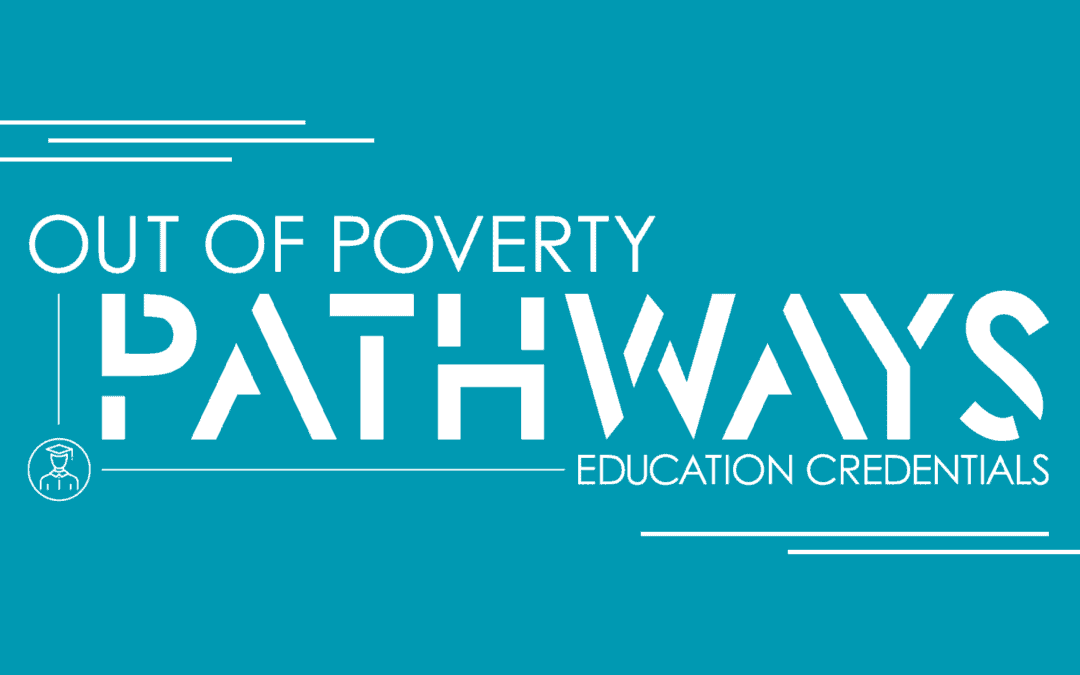Obstacles to Persistence
The Education Pathway’s central focus is persistence. We want to ensure that students keep progressing in school and ultimately complete their college degree or certificate, no matter the obstacles they face. The educational and vocational credentials they earn set them up for a stronger financial future for themselves and their families.
This Pathway takes into consideration both academic and non-academic barriers a student may face. Academically, students may need remedial education, study skills, or general help navigating a complex higher education system. There are also a wide range of non-academic obstacles faced by students. One common challenge is paying for school, so students may need help finding and applying for financial aid and scholarships. Additionally, emergencies or other competing responsibilities (like working or raising a family) may otherwise force them to abandon their studies. This Pathway helps identify needs and provide supports to students as they navigate those unexpected circumstances, empowering them to persist in school and reach their goals.
How It Works
Programs within the Education Pathway each use a different combination of services and resources – from degree coaching to connecting clients with mental health services or ESL classes – to help clients combat a variety of barriers. While earning a degree or certificate doesn’t automatically result in economic prosperity, it does provide clients a significant advantage at earning more over time than those without credentials. We believe education is a worthy investment in a client’s financial future, and we are committed to helping them along this pathway to success.
Our three education programs, EARI, Stay the Course® and Rural Vocation, pair students with a Navigator who provides holistic case management services that are individualized to the student’s needs and goals. These programs serve non-traditional and low-income students who are more likely to face the barriers mentioned above. They often are single parents, first-generation college students, or working while in school.
Why is the Education Pathway so important to long-term stability? Because the increase in income made possible by education credentials can allow an individual them to not only support their families but also increase the likelihood that their financial future will be built on strong savings, low debt, etc.
Education and Resource Stability
The non-academic barriers acknowledged by the Education Pathway bring into play another Pathway: Resource Stability. A student’s persistence in school can be challenged by issues such as lack of reliable transportation, lack of affordable childcare, and food insecurity. At CCFW, we have specialists who help clients address these obstacles so that they are not hindered along their educational journey. Stay tuned for next month’s Research Spotlight to learn more about the Resource Stability Pathway!
Want to stay current on our latest research projects and insights? Subscribe to our Research Spotlight Newsletter below!

